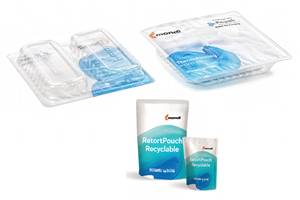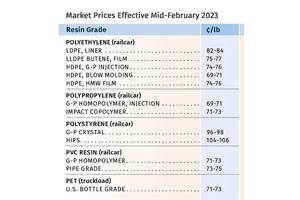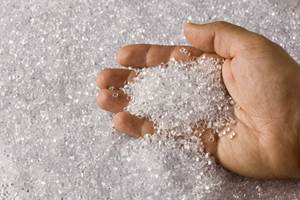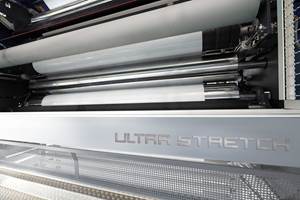SABIC’s Certified Renewable PP Used in New Coffee Capsules
Delica AG has launched the new more sustainable coffee capsule for use in it proprietary Delizio capsule machines.
Germany’s Delica AG has launched a new range of more sustainable coffee capsules for use in its proprietary Delizio capsule machines. The capsules are based on SABIC’s Trucircle certified renewable polymers, More specifically, they are produced using biobased feedstock second generation PP resins. As previously reported, SABIC’s renewable PP material, which have been shown to offer the same quality and purity as virgin PP, are produced from tall oil, an animal-free and palm oil-free waste feedstock derived from the wood pulping process in the paper industry which is not in direct competition with human food production sources.

The new capsules were introduced in the market in April 2021 and replace fossil-based virgin PP. As part of its commitment to the Delizio coffee capsule project, SABIC supplies its certified renewable SABIC PP to ALMA Packaging AG for conversion into a plastic film from which the capsules are thermoformed. Delica fills and closes the capsules, which are then sold to consumers through its parent company, Migros, Switzerland's largest retail and supermarket chain.
Said Ralf van den Bragt, head of business unit coffee at Delica AG. “A life cycle study conducted by Carbotech has shown that we can significantly reduce the environmental footprint of our Delizio capsules by replacing our former fossil-based main component with a renewable polypropylene material based on tall oil. With a certified renewable content of at least 65%, the environmental impact is reduced by approx. 40% per capsule.
Noted Philipp Broch, ALMA Packaging AG’s managing director, “Our bio PP films with SABIC’s renewable polymers provide the same convenient processing properties as conventional PP films while leading to plastic packaging solutions with high CO2 savings. They can be made with plastic based on renewable feedstock of up to 95%, as specified by the customer and certified by mass balance accounting.”
The sustainability value or contribution of SABIC's certified renewable polymers is validated using a mass balance approach under the widely recognized International Sustainability & Carbon Certification (ISCC PLUS) scheme. Mass balance is determined to allocate the renewable content used in production and conversion of the plastic material to the ultimate application. This allows brand owners like Migros to highlight and quantify the more sustainable choice consumers can make by purchasing end products packaged in renewable plastics. The ISCC PLUS accreditation verifies that the mass balance accounting follows predefined and transparent rules. In addition, the certification also provides traceability throughout the partners’ entire supply chain from the feedstock to the final product.
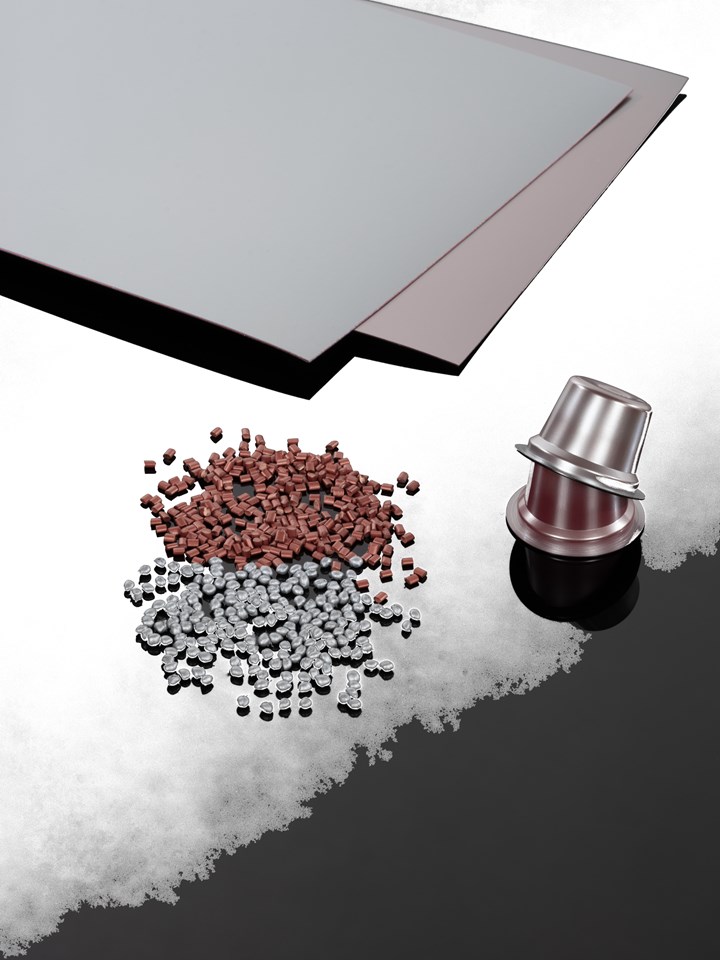
Moreover, a cradle-to-gate lifecycle analysis has confirmed the sustainability value or contribution of SABIC’s certified renewable materials. From sourcing the raw feedstock to producing the polymers, each ton of the company’s biobased PP and PE resin reduces CO2 emissions by an average of 4 kg as compared to fossil-based virgin alternatives, while at the same time cutting fossil depletion by up to 80%t. The study was carried out according to ISO 14040 and has been validated in a critical third-party review.
Said Abdullah Al-Otaibi, general manager of engineering thermoplastics & market solutions for petrochemicals at SABIC, “Fossil depletion and waste are among the biggest challenges on our planet and require a fundamental transformation of the value chain in the plastics economy. Our vision is that plastics should be sustainably sourced and must never end up in the environment. With our Trucircle initiative, we have positioned ourselves at the forefront of this quest and are helping converters, designers, and brand owners to collaborate and gain a sustainable edge by using high-quality recycled, circular or renewable polymer materials.”
Related Content
In Sustainable Packaging, the Word is ‘Monomaterial’
In both flexible and rigid packaging, the trend is to replace multimaterial laminates, coextrusions and “composites” with single-material structures, usually based on PE or PP. Nonpackaging applications are following suit.
Read MoreFirst Quarter Looks Mostly Flat for Resin Prices
Temporary upward blips don't indicate any sustained movement in the near term.
Read MorePrices Up for PE, PP, PS, Flat for PVC, PET
Trajectory is generally flat-to-down for all commodity resins.
Read MoreThe Fundamentals of Polyethylene – Part 1: The Basics
You would think we’d know all there is to know about a material that was commercialized 80 years ago. Not so for polyethylene. Let’s start by brushing up on the basics.
Read MoreRead Next
Lead the Conversation, Change the Conversation
Coverage of single-use plastics can be both misleading and demoralizing. Here are 10 tips for changing the perception of the plastics industry at your company and in your community.
Read MoreHow Polymer Melts in Single-Screw Extruders
Understanding how polymer melts in a single-screw extruder could help you optimize your screw design to eliminate defect-causing solid polymer fragments.
Read More










.png;maxWidth=300;quality=90)







